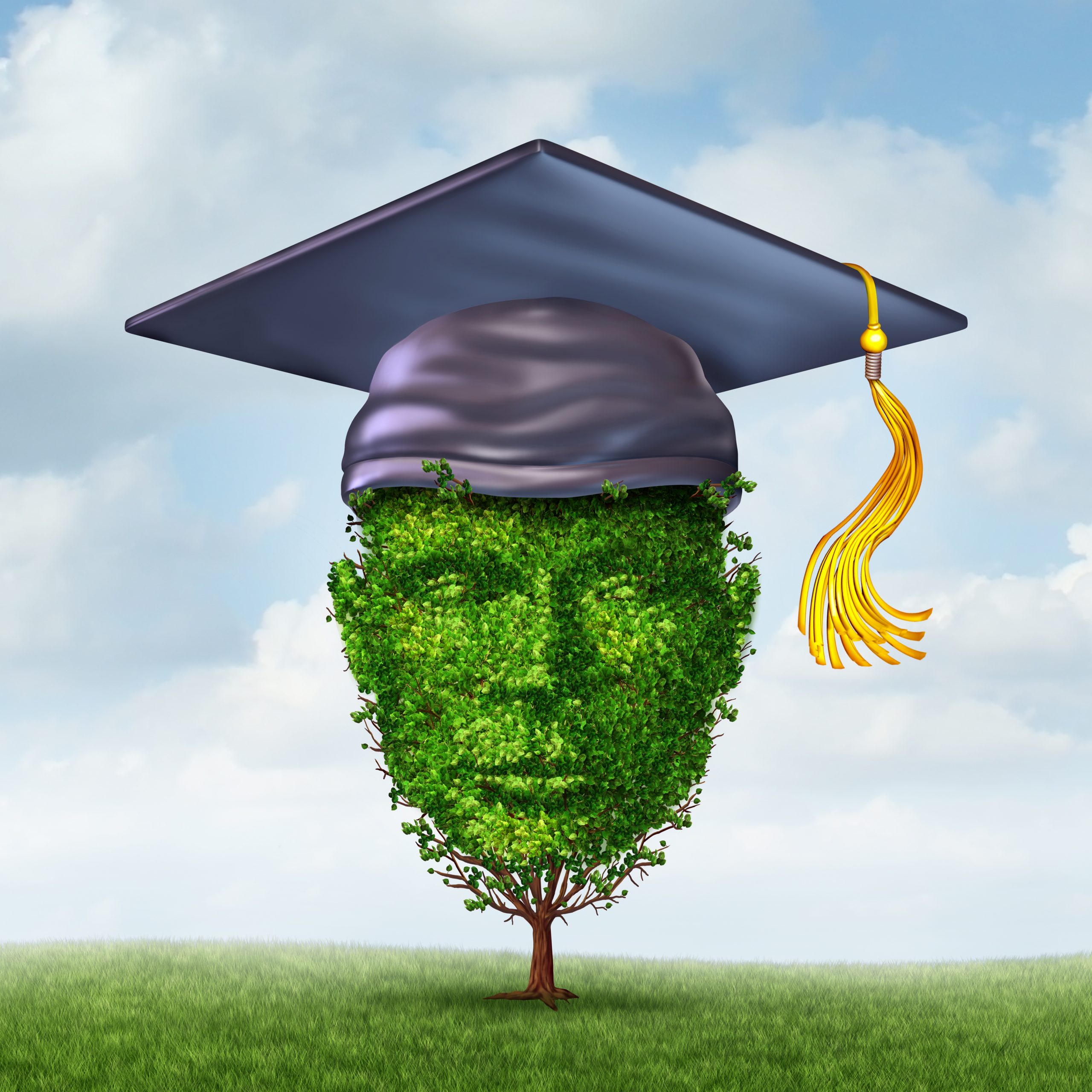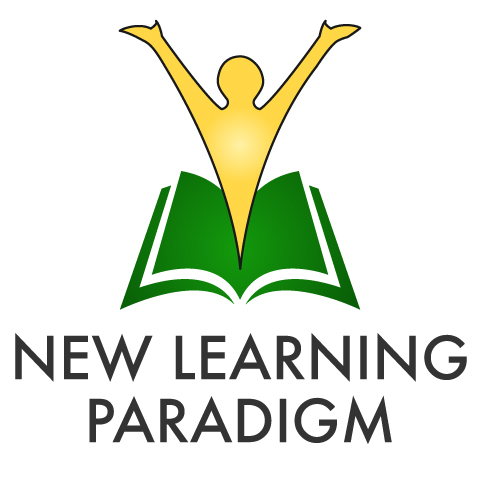Learnings from Education Revolutionists
This issue of education transformation is a highly complex one, and based on what has been presented here so far, the most important issue is the outdated worldview of governments and their educational bodies. Back in 2010, I was moved by an eloquent British education revolutionist, Sir Ken Robinson. He was the most watched speaker in the history of TED Talks. His 2006 talk titled “Do Schools Kill Creativity?” had been viewed online over 60 million times and seen by an estimated 380 million people in 160 countries. Though he contracted polio at age 4, he was able to get himself from a special school to the University of London in 1981 to complete his PhD. He wrote many influential books on education and the human spirit—including “The Element,” “Out of Our Minds,” “Creative Schools” and “You, Your Child, and School.” He advised and inspired education initiatives all around the world.
Here are two great videos of Robinson talking about what it takes to change global education paradigms:
Changing Education Paradigms | Ken Robinson
Bring on the learning revolution! | Ken Robinson
Below are six of my key learning points from Sir Robinson’s talks—loosely quoted in bold-italics.
Learning 1
“The problem of many education systems is that they are trying to meet the future by doing what they did in the past. The current education was designed for a different age. It was conceived in the economic circumstances of the industrial revolution and driven by an economic imperative of that time, which was based on an intellectual model of the mind (IQ). Essentially, intelligence was made up of a certain type of deductive reasoning and knowledge of the classics (consisting of reading, writing, studying of ancient Greek and Latin literature, history, art and language).”
Today, we cannot conform to an education system that was created based on the circumstances of the past; the world we are in today is vastly different from the past, therefore we have to change the education system to fit our needs today.
Learning 2
“This has resulted in what we think of today as two types of people—the smart (academic) and non-smart (non-academic) people. This has led to many brilliant people thinking they are not so, because they are judged according to a narrow view of intelligence.”
The form of intelligence we find is based on the measurement that we create. To think that intelligence is strictly based on Intellectual Quotient (IQ) is not only narrow-minded, but also outdated. Howard Gardner identified eight intelligences in 1983, namely: logical-mathematical, linguistic, spatial, interpersonal, intrapersonal, musical, bodily-kinaesthetic, and existential. These intelligences can be broadly reclassified to include the Emotional, Physical and Spiritual Quotients.
Learning 3
“Our current education is modeled on the interest of industrialisation: schools are organised like factory lines (metaphorically), with separate facilities, specialised into different subjects, and we educate our children in batches (according to their age). Essentially, it’s about conformity and standardisation. We need to go in the opposite direction, which is why we speak of changing the education paradigm.“
We need to change our worldview on education, perhaps embracing an agricultural model, as opposed to an industrial (factory) model of education. Instead of viewing education as a mechanisation process, we should consider viewing it as an organic process.
Learning 4
“We need to embrace a more divergent thinking, that is the ability to see lots of possibilities to a question, many ways to interpret a question, to think in lateral ways, and to see multiple answers not just one. We also need to recognise that most great learning happens in groups and it can be said that creativity favours a connected mind.“
We need to develop the mindset and ability to generate multiple perspectives, as well as uphold the axiom that we exist to complete rather than to compete.
Learning 5
“There are things that we are enslaved to in education, one of them is linearity. That is, if we start here and go through a track and if we do everything right, we will be set for life. The other issue is conformity. There are two models of quality assurance in catering: one is based on fast food, where everything is standardised; the other is based on Michelin restaurants where everything is customised to local circumstances. We have sold ourselves to the fast-food model of education and it’s impoverishing our spirits and energies as much as fast food is depleting our bodies.“
We have to develop mindfulness around the very things that shape our thoughts and actions, i.e. linearity and conformity. We want to nurture non-linear thinking and challenge conventional ways of learning. That is, to practice generating multiple perspectives, and having the courage to do things unconventionally.
Learning 6
“We have to recognise that human flourishing is not a linear and conformity process, but an organic one. We create our lives symbiotically as we explore our talents in relation to the circumstances that we are in. We cannot predict the outcome of human development; all we can do is to be like farmers—to create the conditions under which it will begin to flourish.”
Building on my previous learning, I need to see that the life I’m living symbiotically unfolds my talents and purpose in this lifetime. I need to make my education a part of my life organically, not only to fit it into my personal and professional life, but to make it part of my educational learning. I need to craft my education outcomes in such a way that they are directly useful in my personal and professional life.
With these six learning points and perhaps several more, I boldly took steps with the IUPS in 2010. It was clear to me, as early as 2005, that I would be creating my own approach to coaching. I knew this required long-term research and experimentation, and every step of the way, I was able to submit my findings and learnings to the IUPS. From the useful feedback and validation that I received from sound minds—professors in the field of knowledge which I am in, I knew that my ideas and creations were sound. This is the main reason why I went ahead with my university studies with the IUPS, despite being fully aware that they are not accredited by the U.S. Department of Education.
For the record, the work I had to put into my PhD dissertation was agonising. It took me two years to decide on the thesis of my research, and another two years to know enough about another field of knowledge that I wanted to incorporate into my field of expertise (NLP). During this period of four years, I had to find the right academic coach to teach me about how to conduct my research and write my dissertation, and throughout, I was still wrestling with time. It was the COVID-19 pandemic that gave me a break from work to complete my research. This was followed by five more months of writing and re-writing to complete the dissertation manual.

Don't Wait Any Longer —
Start Forging Your Own Path Today!
Let us know below and we are happy to have a conversation with you
to move forward
